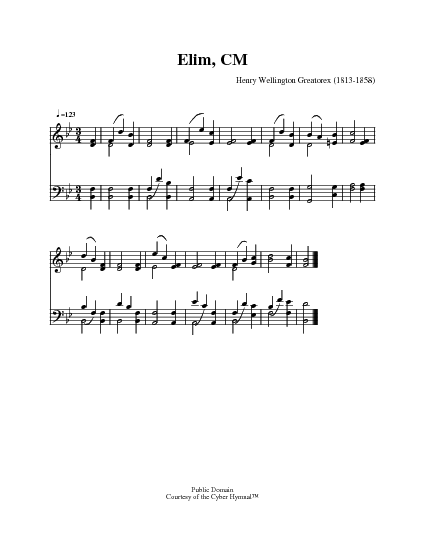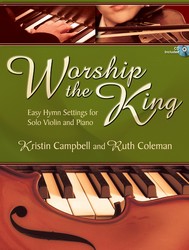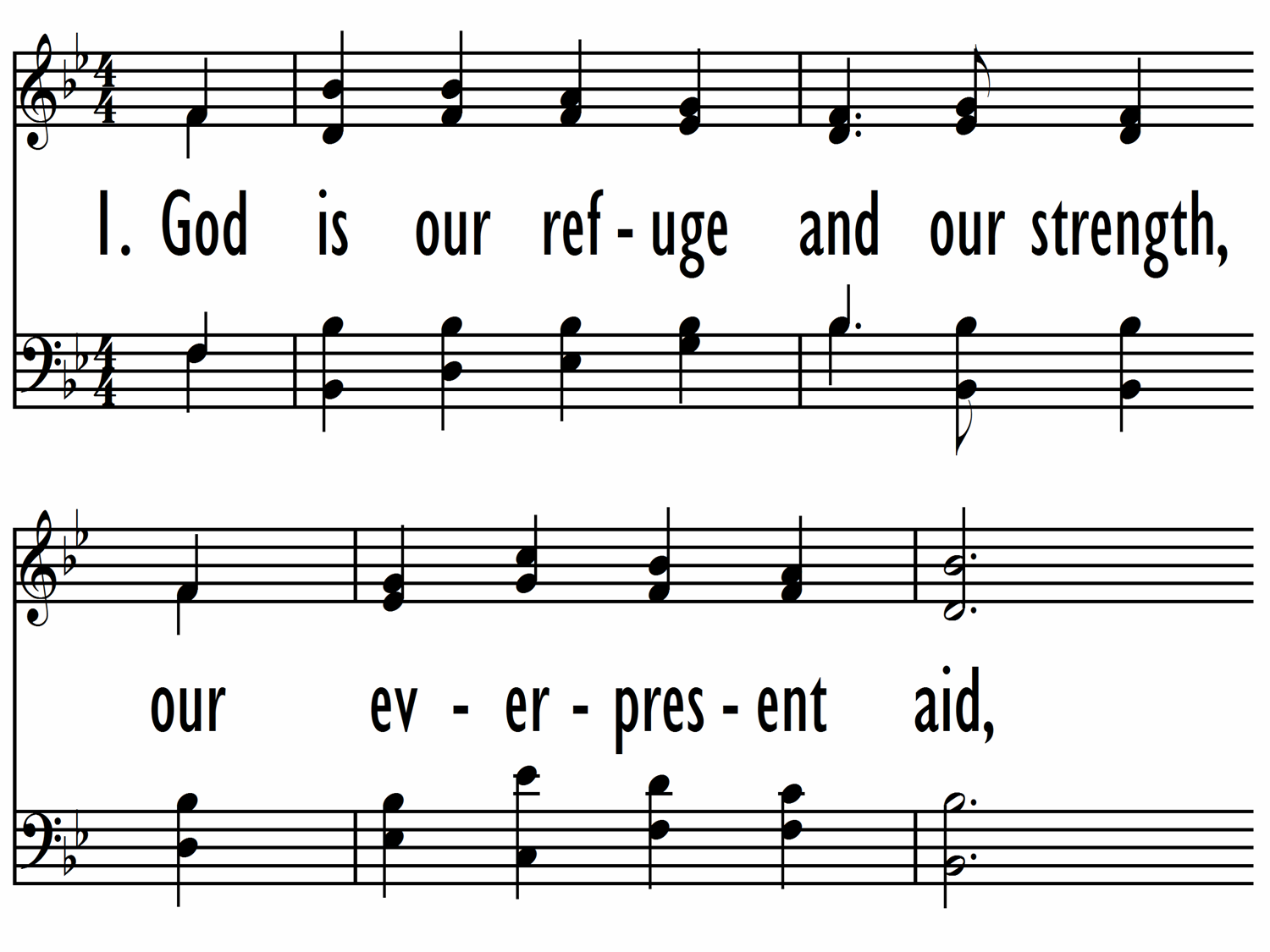- |
User Links
How bright these glorious spirits shine!

How bright these glorious spirits shine!
Author: Isaac Watts (1707); Alterer: William Cameron (1781)Published in 161 hymnals
Printable scores: PDF, MusicXMLAudio files: MIDI
Representative Text
1 How bright these glorious spirits shine!
Whence all their white array?
How came they to the blissful seats
of everlasting day?
2 Lo! these are they from sufferings great
who came to realms of light,
and in the blood of Christ have washed
those robes that shine so bright.
3 Now with triumphal palms they stand
before the throne on high,
and serve the God they love amidst
the glories of the sky.
4 Hunger and thirst are felt no more,
nor sun with scorching ray:
God is their sun, whose cheering beams
diffuse eternal day.
5 The Lamb, who dwells amid the throne,
shall o'er them still preside,
feed them with nourishment divine,
and all their footsteps guide.
6 In pastures green he'll lead his flock
where living streams appear;
and God the Lord from every eye
shall wipe off every tear.
Source: Ancient and Modern: hymns and songs for refreshing worship #303a
Author: Isaac Watts
 Isaac Watts was the son of a schoolmaster, and was born in Southampton, July 17, 1674. He is said to have shown remarkable precocity in childhood, beginning the study of Latin, in his fourth year, and writing respectable verses at the age of seven. At the age of sixteen, he went to London to study in the Academy of the Rev. Thomas Rowe, an Independent minister. In 1698, he became assistant minister of the Independent Church, Berry St., London. In 1702, he became pastor. In 1712, he accepted an invitation to visit Sir Thomas Abney, at his residence of Abney Park, and at Sir Thomas' pressing request, made it his home for the remainder of his life. It was a residence most favourable for his health, and for the prosecution of his literary… Go to person page >
Isaac Watts was the son of a schoolmaster, and was born in Southampton, July 17, 1674. He is said to have shown remarkable precocity in childhood, beginning the study of Latin, in his fourth year, and writing respectable verses at the age of seven. At the age of sixteen, he went to London to study in the Academy of the Rev. Thomas Rowe, an Independent minister. In 1698, he became assistant minister of the Independent Church, Berry St., London. In 1702, he became pastor. In 1712, he accepted an invitation to visit Sir Thomas Abney, at his residence of Abney Park, and at Sir Thomas' pressing request, made it his home for the remainder of his life. It was a residence most favourable for his health, and for the prosecution of his literary… Go to person page >Alterer: William Cameron
William Cameron was born in 1751. He studied at Marischal College, Aberdeen, and in 1785 was ordained minister of Kirknewton, in Mid Lothian. He died in 1811. He was the author of several works. --Annotations of the Hymnal, Charles Hutchins, M.A. 1872.… Go to person page >Text Information
| First Line: | How bright these glorious spirits shine! |
| Author: | Isaac Watts (1707) |
| Alterer: | William Cameron (1781) |
| Meter: | 8.6.8.6 |
| Language: | English |
| Copyright: | Public Domain |
Notes
Access an additional article on the Canterbury Dictionary of Hymnology:
Tune
ST. ASAPH (Giornovichi)BEATITUDO
Composed by John B. Dykes (PHH 147), BEATITUDO was published in the revised edition of Hymns Ancient and Modern (1875), where it was set to Isaac Watts' "How Bright Those Glorious Spirits Shine." Originally a word coined by Cicero, BEATITUDO means "the condition of blessedness." Like many of Dykes's…
BALLERMA (Barthélemon)


 My Starred Hymns
My Starred Hymns





